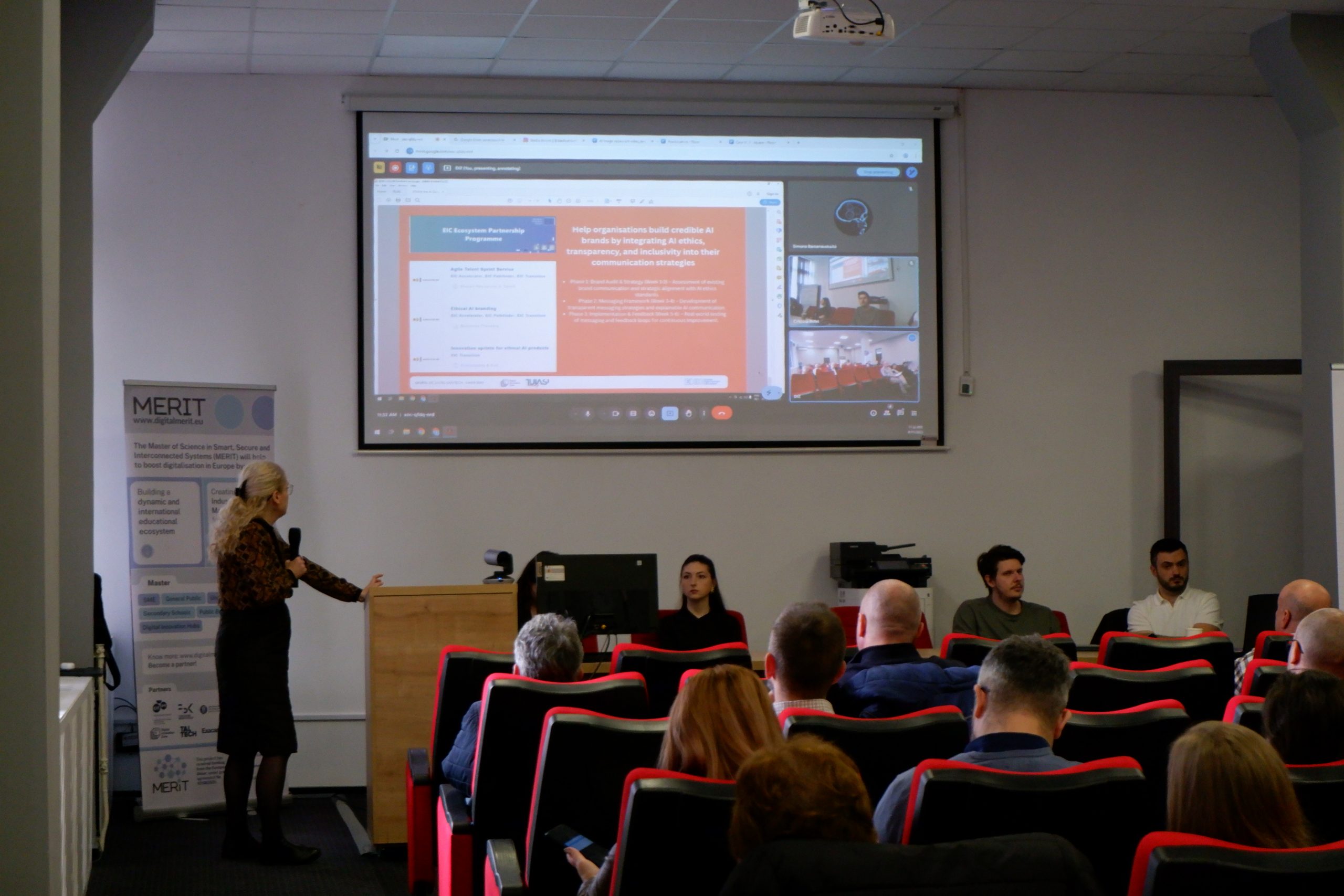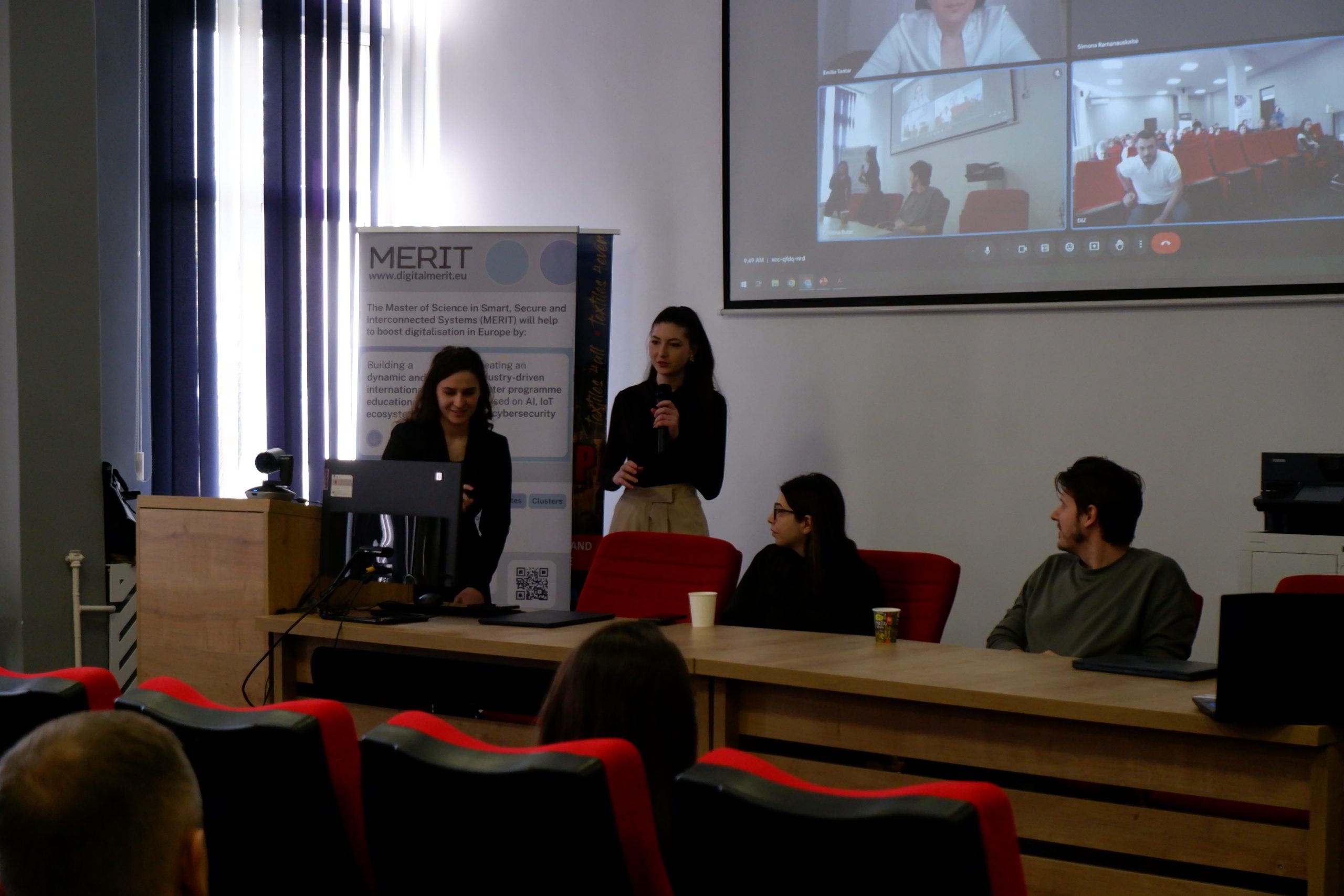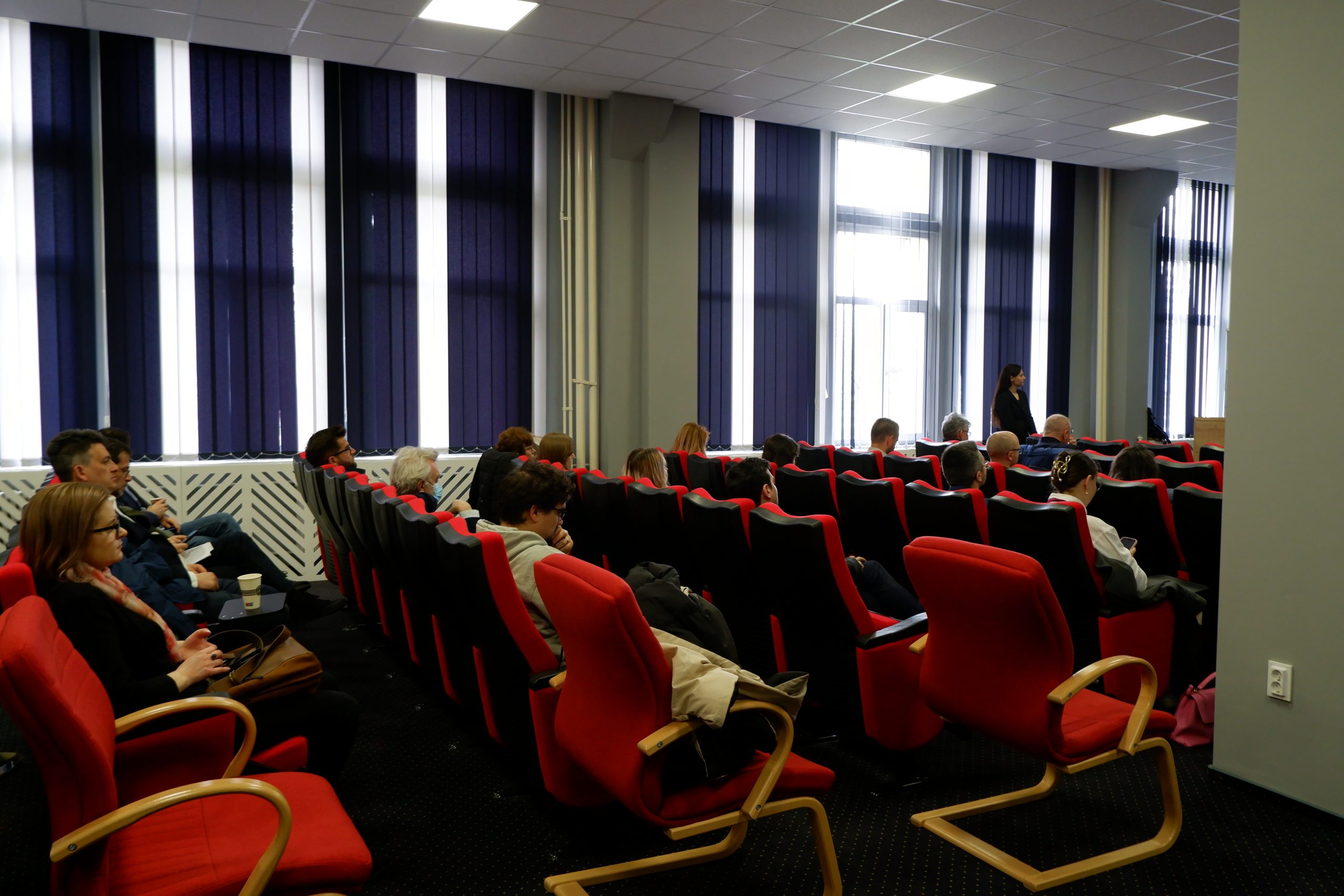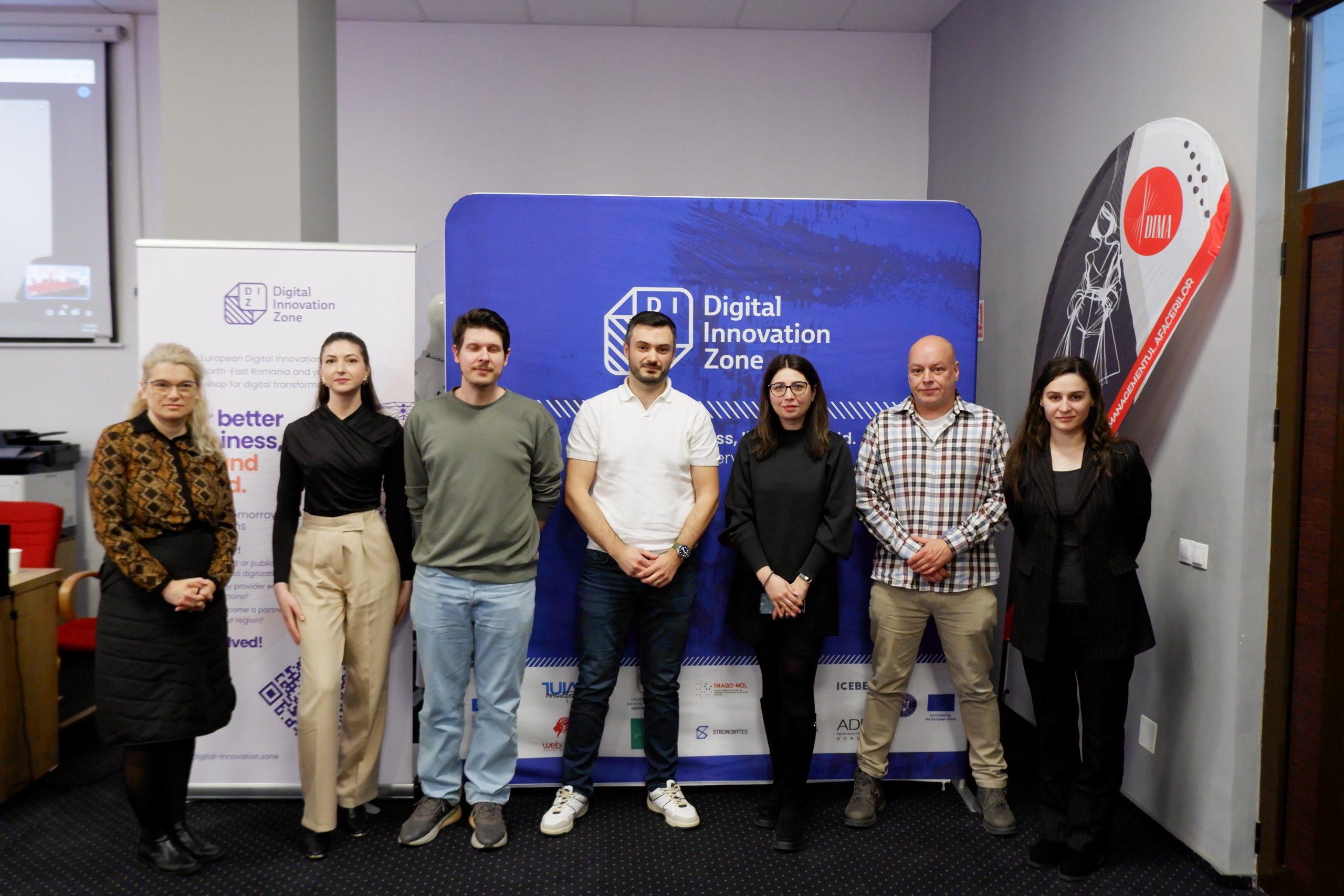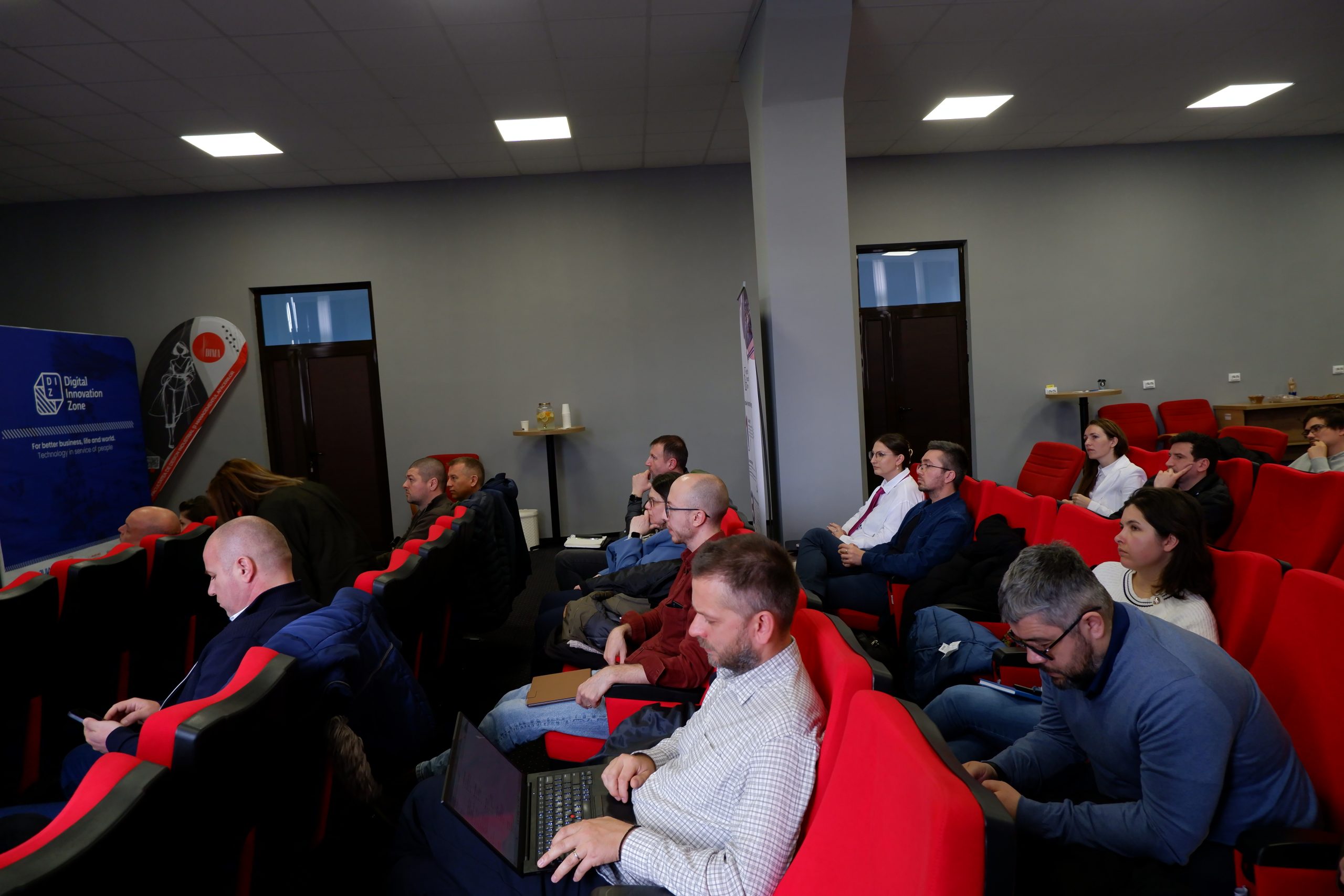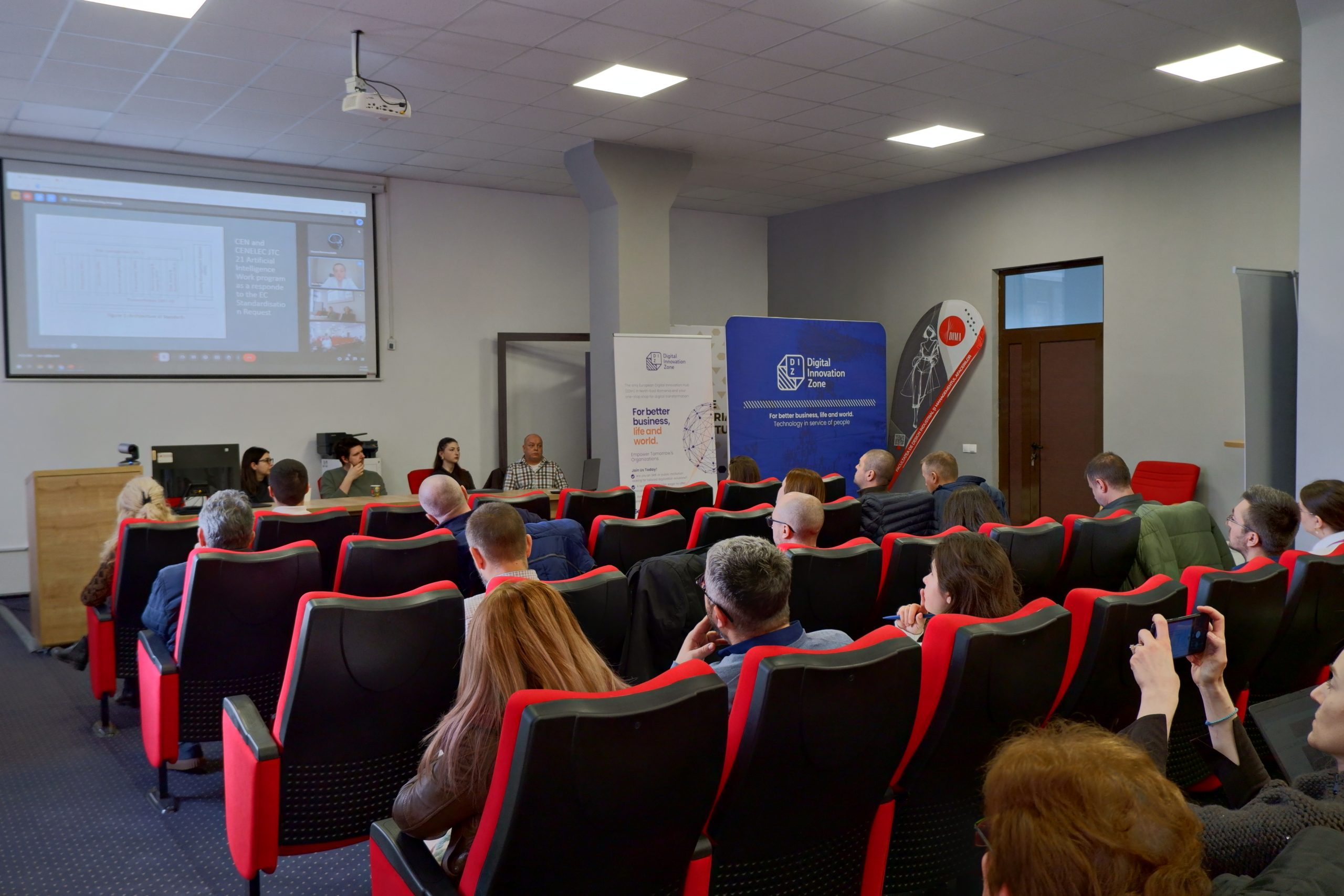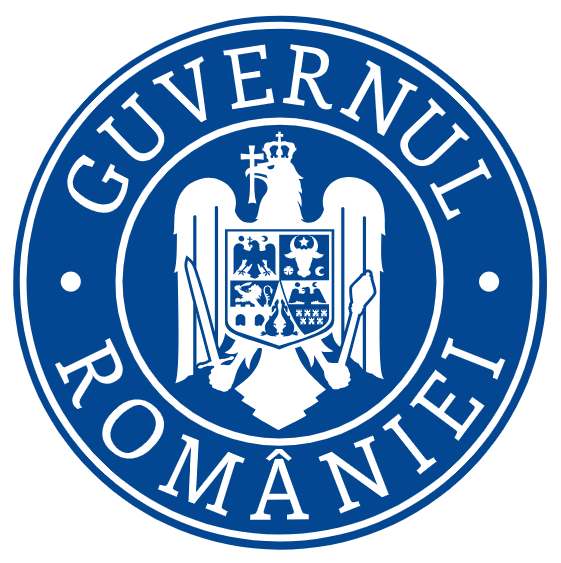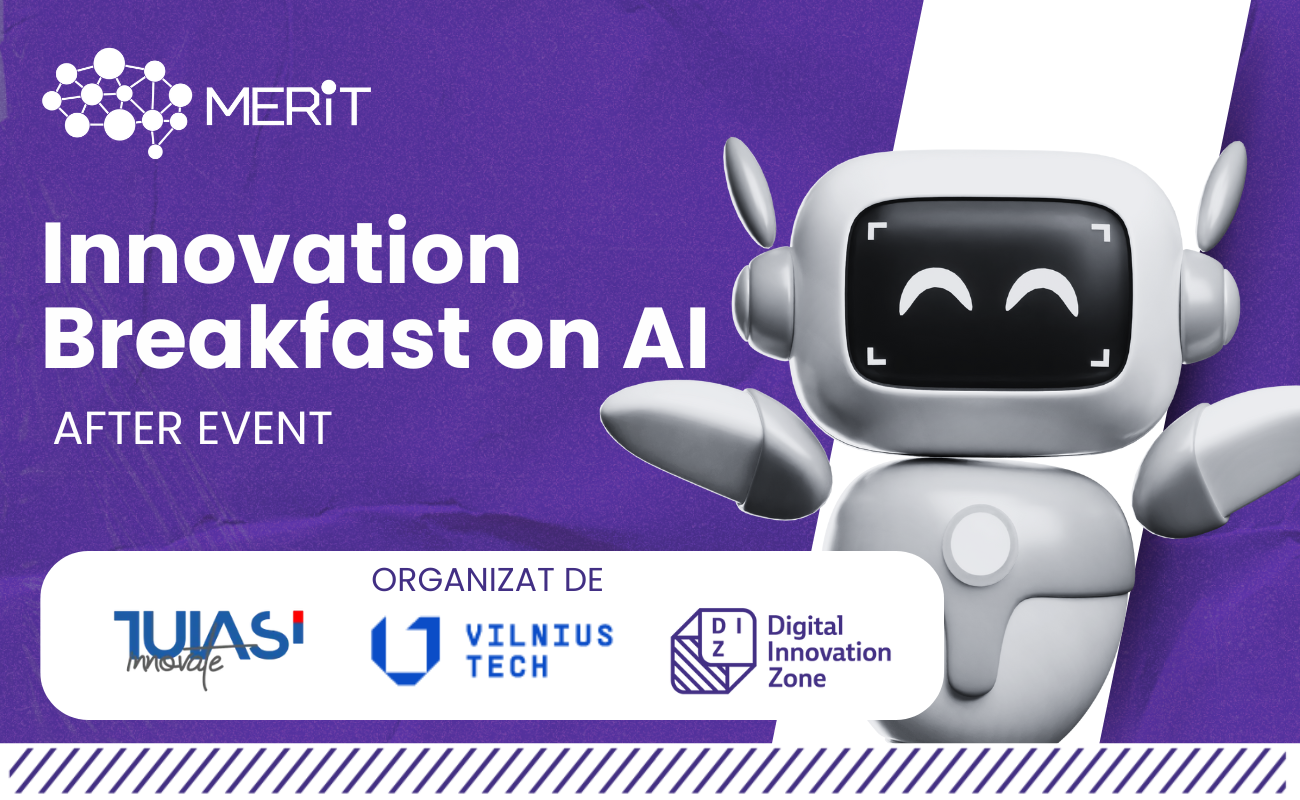April 11, 2025 — The latest edition of the Innovation Breakfast on AI brought together experts, entrepreneurs, researchers, and students to discuss the transformative role of artificial intelligence across sectors, with a particular focus on compliance, innovation, and capacity building under the evolving framework of the EU AI Act. The event featured compelling presentations from experts such as Emilia Țânțar (Black Swan Lux), Andrea Căruntu (Apollo AI Technologies), Alexandra Botezatu (NARRIO), Dragoș Silion (ColorfulCoding), Jan Van Haute (IDEA SOFT), Simona Ramanauskaitė (Vilnius Gediminas Technical University) and Cristina Baghiu (EDIH Digital Innovation Zone).
The EU AI Act and the power of standards
Kicking off the morning, Emilia Țânțar, representing Luxembourg’s national mirror committee on AI standardization, provided a comprehensive overview of the EU AI Act — the cornerstone of AI regulation in Europe. She detailed the risk-based approach that categorizes AI systems from unacceptable to minimal-risk, stressing the need for ex-ante conformity assessments for high-risk applications.
Standards, though voluntary, were framed as critical tools to ensure compliance and harmonization. Emilia emphasized the collaboration between CEN, CENELEC, ISO, and IEC, and outlined ten mandatory requirements for high-risk systems — spanning risk management, cybersecurity, data governance, and trustworthiness.
Presentation will be included as soon as available.
The morning continued with real-world demonstrations of AI innovation across sectors: healthcare, content, immersive experiences and agritech
Andreea Căruntu from Apollo AI Technologies showcased AI chatbots like Diabeta and Pharma Chat, streamlining workflows for healthcare professionals.
Alexandra Botezatu from NARRIO presented an ecosystem of AI tools blending content generation with personalization, aimed at improving storytelling and user engagement.
Dragoș Silion from ColorfulCoding took participants into the world of AR/VR, where AI drives holographic characters through speech synthesis and interactive storytelling — underscoring both potential and current limitations of LLMs in real-life applications.
Paul Ruscior from Flixier introduced an upcoming tool that uses generative AI to create fully edited videos from simple prompts — ideal for resource-constrained businesses.
Jan Van Haute from IDEASOFT explored the potential of edge AI in agriculture, revealing how low-connectivity environments can still benefit from intelligent automation.
These use cases raised pressing questions about whether separate standards are needed for edge vs. cloud-based AI systems, particularly around ethics and security.
Building Future-Ready Talent: Competency-Based Education
Simona Ramanauskaitė shared updates on the MERIT project, which aims to align higher education curricula with real-world AI competencies. The MERIT team is building a hierarchical competency model using Bloom’s taxonomy and disposition levels, powered by NLP and fuzzy logic to map learning objectives to market needs. Insights from job ads and LinkedIn analysis revealed a rising demand for soft skills, adaptability, and lifelong learning — not just technical expertise.
AI for the common good: ethics, sovereignty, and support
Cristina Baghiu, Digital Innovation Zone (DIZ) coordinator, presented the EU’s AI Continent initiative, which supports AI adoption through:
- SME-tailored AI toolboxes,
- Ethical branding programs,
- AI innovation sprints,
- and European-wide support services.
Cristina’s presentation closed on the “Future of work with AI”, emphasizing the ethical and socioeconomic dimensions of AI integration, from job transformation to AI trust and transparency in brand communications.
As AI continues to impact every corner of society, the Innovation Breakfast highlighted both complex challenges and use of AI. The event proved not only to be an opportunity for knowledge exchange, but an opportunity for shaping the next generation of AI-enabled Europe — one grounded in trust, innovation, and inclusivity.
